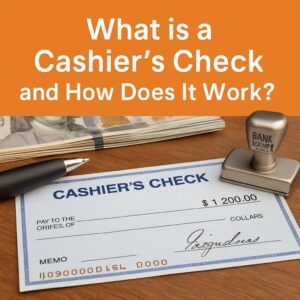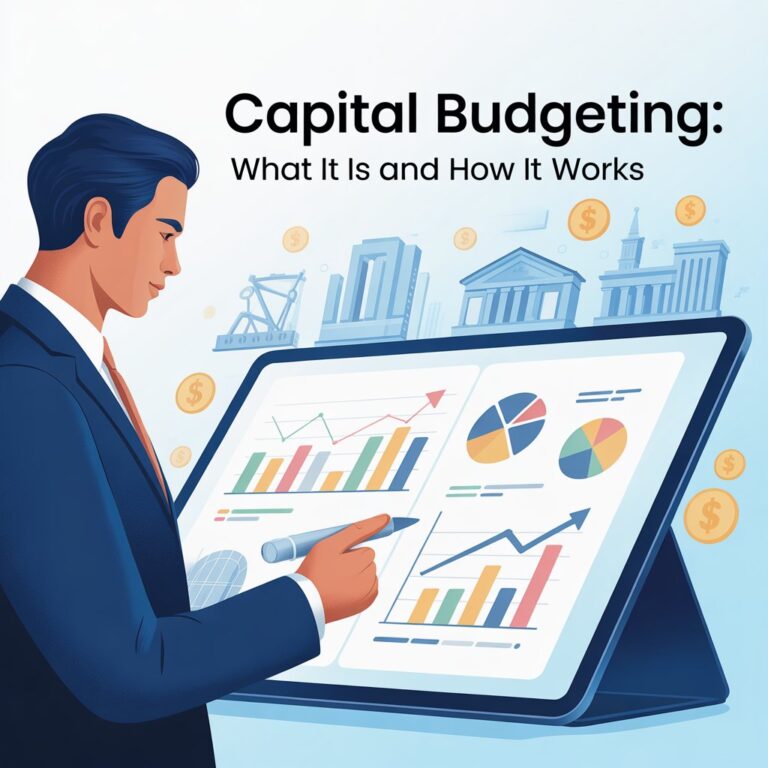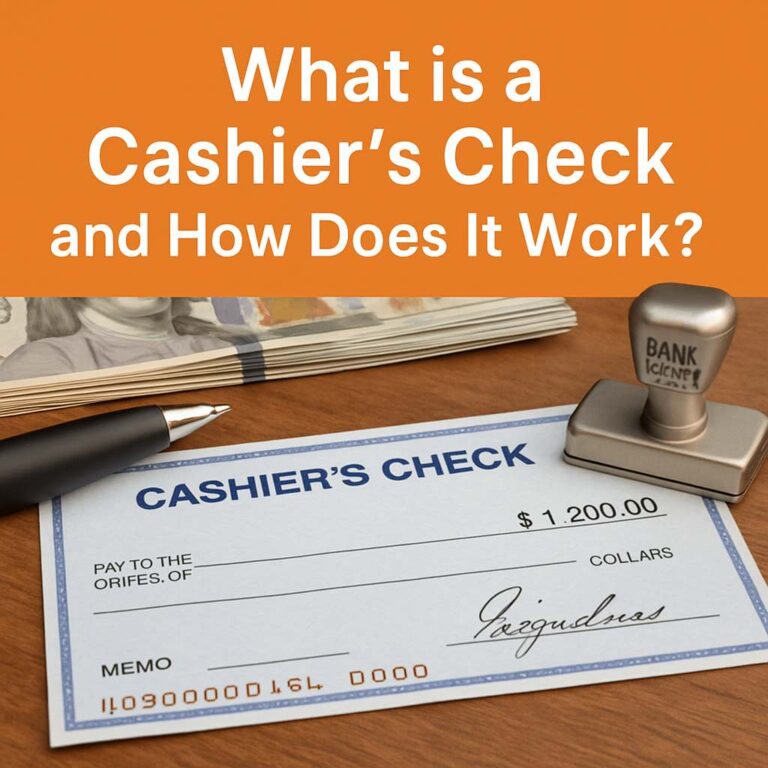What is credit card fraud, and how long is credit card fraud jail time? Credit card fraud is a form of financial theft where an individual or group obtains someone else’s credit card information and uses it to make unauthorized purchases or withdraw cash. It is a prevalent crime that affects millions of people worldwide, and the losses can be significant for both the victim and the credit card company. Credit card fraud can happen to anyone, anywhere, at any time, whether online, over the phone, or in person.
The consequences of credit card fraud can be severe, leading to financial and emotional distress for the victim, as well as legal repercussions for the perpetrator. Depending on the severity of the offense, credit card fraud can result in fines, restitution, probation, and even jail time. The penalties for credit card fraud can be particularly harsh because this crime not only involves theft but it also violates the trust between the cardholder and the credit card company.
If you want to learn more about the severity of credit card fraud, how much jail time could be incurred means the amount of credit card fraud jail time, and what to do if you are accused of this crime, keep reading!
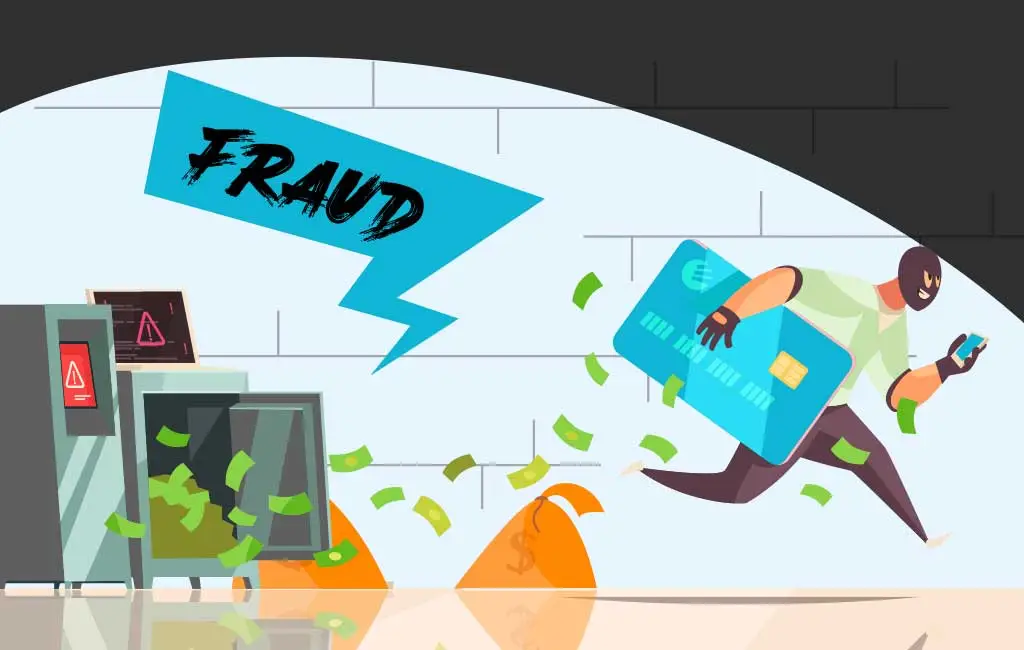
What is Credit Card Fraud?
Credit card fraud is a criminal act that involves using someone else’s credit card or credit card information without their permission. It is a form of financial theft that can happen in various ways, including skimming, phishing, or hacking. Credit card fraud can result in unauthorized purchases, cash withdrawals, or balance transfers, leaving the cardholder with fraudulent charges on their account.
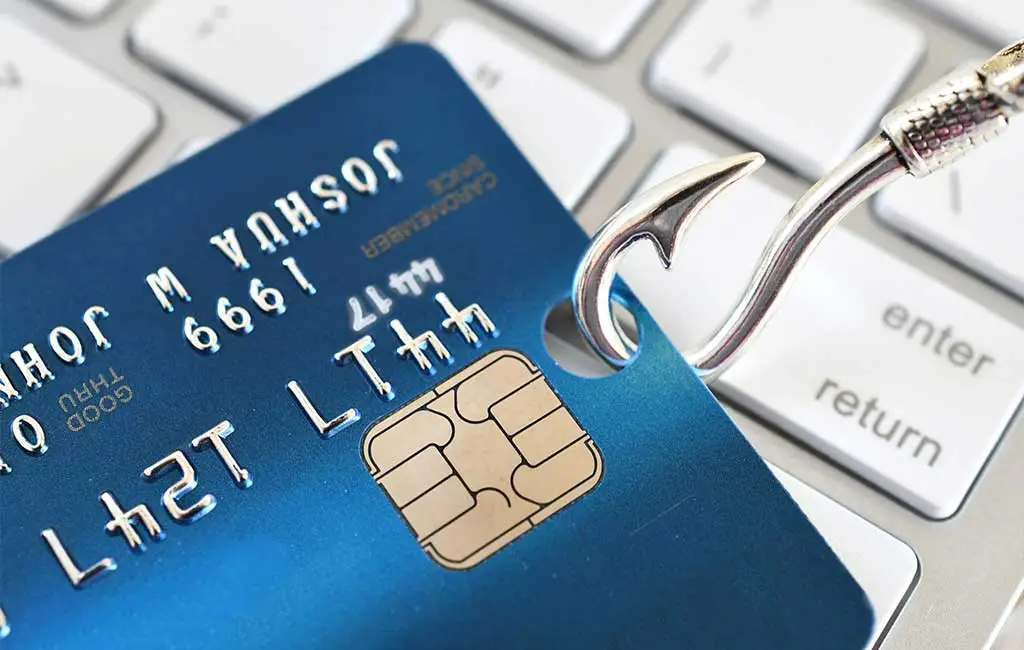
What are the Different Types of Credit Card Fraud?
There are many types of credit card fraud, including:
- Skimming: This occurs when someone steals credit card information by using a skimming device that reads the card’s magnetic stripe. Skimming can happen at ATMs, gas pumps, or other places where credit cards are swiped.
- Phishing: This type of fraud involves using fake emails, websites, or phone calls to trick people into revealing their credit card information.
- Hacking: Cybercriminals can use hacking techniques to steal credit card information from online merchants or payment processors.
- Counterfeit cards: Fraudsters can create fake credit cards using stolen information or by copying legitimate cards.
- Lost or stolen cards: Criminals can use credit cards that have been lost or stolen to make unauthorized purchases.
- Account takeover: This occurs when fraudsters gain access to someone’s credit card account and make unauthorized transactions.
- Friendly fraud: This type of fraud occurs when a cardholder disputes a legitimate charge, claiming it is fraudulent. This can be intentional or unintentional, but it can result in financial losses for merchants and credit card companies.
Can You Use Someone Else's Credit Card?
It is illegal to use someone else’s credit card without their permission. Doing so constitutes credit card fraud and is considered a criminal offense. First offense credit card abuse is a serious crime that can result in severe legal consequences, including fines and fraud jail time.

There are several reasons why using someone else’s credit card is illegal. First and foremost, it is a violation of the cardholder’s privacy and financial security. The credit card belongs to the individual named on the card, and only they have the right to use it. By using someone else’s credit card without their permission, you are essentially stealing their identity and committing fraud.
Furthermore, credit card companies have strict rules in place to prevent the unauthorized use of credit cards. If someone else uses your credit card without your knowledge or consent, the credit card company may hold you responsible for the charges. This can result in financial losses for the cardholder and damage to their credit score.
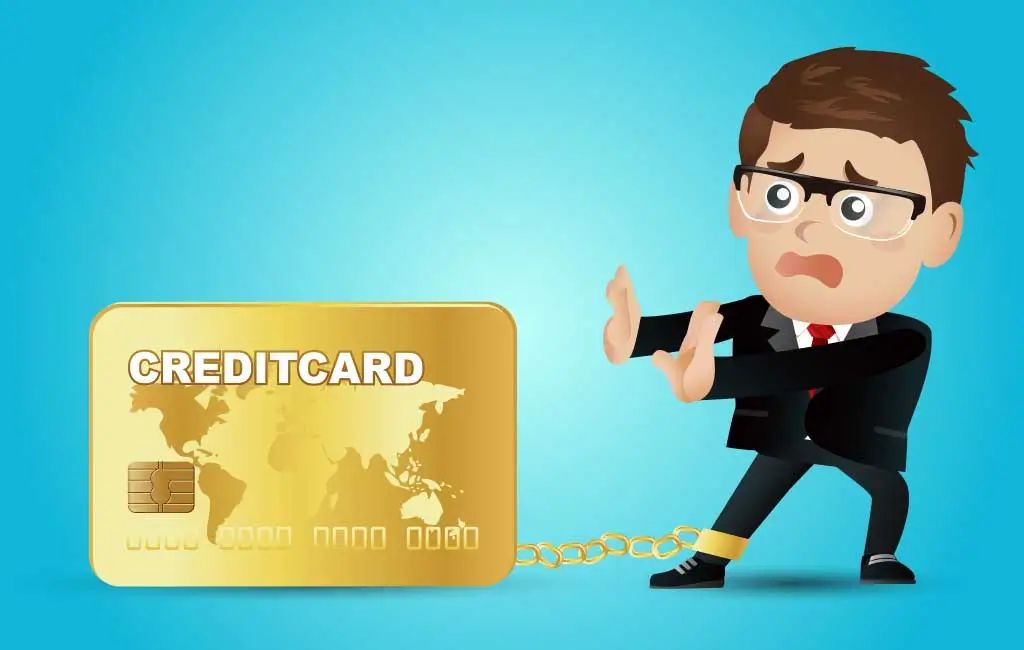
What is the Punishment for Stealing a Credit Card?
Credit card fraud is a serious offense that can result in significant legal consequences, including fines, penalties, and jail time. In this section, we will explore the legal consequences of credit card fraud in more detail, including the fines and penalties that can be imposed and the possibility of serving time in jail. We will also discuss the factors that are considered in sentencing and the potential long-lasting impact of a criminal conviction.
Fines and penalties
Credit card fraud carries significant fines and penalties. The amount of the fine or penalty will depend on the severity of the crime, the amount of money involved, and the jurisdiction in which the offense occurred. In addition to fines, the offender may also be required to pay restitution to the victim to cover any financial losses they incurred.
Credit card fraud can also result in penalties such as probation, community service, or house arrest. The offender may be required to participate in a credit counseling program or to stay away from the victim or the victim’s property.
Can you go to jail for fraud?
In addition to fines and penalties, credit card fraud can result in jail time. You may be wondering, “how much jail time for credit card fraud?” The amount of credit card fraud jail time will depend on several factors, including the severity of the crime, the offender’s criminal history, the jurisdiction in which the offense occurred, and whether it is a first offense credit card theft.

When facing credit card fraud jail time, the typical range of jail time for credit card fraud can vary widely, from a few months to several years. The most severe cases of credit card fraud can result in a prison sentence of up to 20 years or more.
In addition to serving time in jail, punishment for stealing credit card can have long-lasting consequences. A criminal record can make it difficult to find employment or housing, and it can also impact a person’s ability to obtain credit in the future.
How Often do Credit Card Frauds Get Caught?
Credit card fraud is a significant problem that affects millions of people worldwide, and catching fraudsters can be a challenging task for law enforcement agencies. It is difficult to determine precisely how often credit card fraudsters get caught, as the detection rate varies depending on several factors, including the type of fraud, the perpetrator’s expertise, and the investigative resources available.
In some cases, credit card fraudsters may be caught red-handed, such as when they try to use a stolen credit card in a store or at an ATM. In other cases, fraudsters may be caught through electronic monitoring, such as when a bank detects suspicious activity on a credit card account.
However, not all credit card fraud cases are solved, and many fraudsters go undetected. Fraudsters can use a variety of tactics to conceal their identity and avoid detection, including using fake identities, proxy servers, and other methods to make it difficult to trace their activities.
Despite the challenges, law enforcement agencies are continually developing new strategies and technologies to catch credit card fraudsters. This includes using sophisticated algorithms to detect fraudulent transactions, conducting undercover operations, and collaborating with other agencies to share information and resources.
Credit Card Fraud Jail Time, How Long can You be Sentenced?
Credit card fraud is a serious crime that can have severe legal consequences. In addition to fines and penalties, those who commit credit card fraud may face jail time. In many cases, credit card fraud jail time can vary depending on several factors. Next, we will look at how long a person can be sentenced for credit card fraud, including the factors that affect sentencing and the typical range of credit card fraud jail time for this offense.
Factors affecting sentencing
The length of a jail sentence for credit card fraud will depend on several factors, including the severity of the crime, the amount of money involved, the offender’s criminal history, and the jurisdiction in which the offense occurred. The court will also consider aggravating and mitigating factors when determining the sentence.
Aggravating factors may include using violence or threats, targeting vulnerable victims, or committing the crime as part of a larger criminal enterprise. Mitigating factors may include showing remorse, cooperating with authorities, or having no prior criminal history.

Typical sentencing range
The typical range of credit card fraud jail time can vary widely, from a few months to several years. The length of the sentence will depend on the factors mentioned above, as well as the specific circumstances of the case. In general, the more money involved in the fraud, the more severe the punishment.
For example, a person who committed credit card fraud involving a few thousand dollars may receive a shorter sentence than someone who committed credit card fraud involving tens or hundreds of thousands of dollars. Additionally, repeat offenders may receive harsher sentences than first-time offenders.
What to Do If You are Facing Credit Card Fraud Charges?
One of the most critical steps you can take if you are facing credit card fraud charges is to hire an experienced criminal defense attorney. An attorney can help you understand your rights, navigate the legal system, and develop a strong defense strategy. They can also negotiate with prosecutors and work to minimize the potential consequences of the charges.
When hiring an attorney, it is essential to choose someone who has experience handling credit card fraud cases. Look for an attorney who is knowledgeable, responsive, and has a good track record of success. You may also want to consider their fee structure and ensure that you understand the costs involved.
Steps to take to protect yourself
In addition to hiring an attorney, there are several steps you can take to protect yourself if you are facing credit card fraud charges. These include:
- Gather evidence: Collect any evidence that may help to support your defense, including bank statements, receipts, and any other relevant documents.
- Be cooperative: Be cooperative with law enforcement officials and comply with any requests for information or documentation.
- Avoid discussing the case: Do not discuss the case with anyone except your attorney, as anything you say could be used against you in court.
- Protect your credit: Monitor your credit reports regularly to ensure that there are no unauthorized accounts or transactions in your name.
- Stay informed: Keep yourself informed about the status of your case and any updates from your attorney.
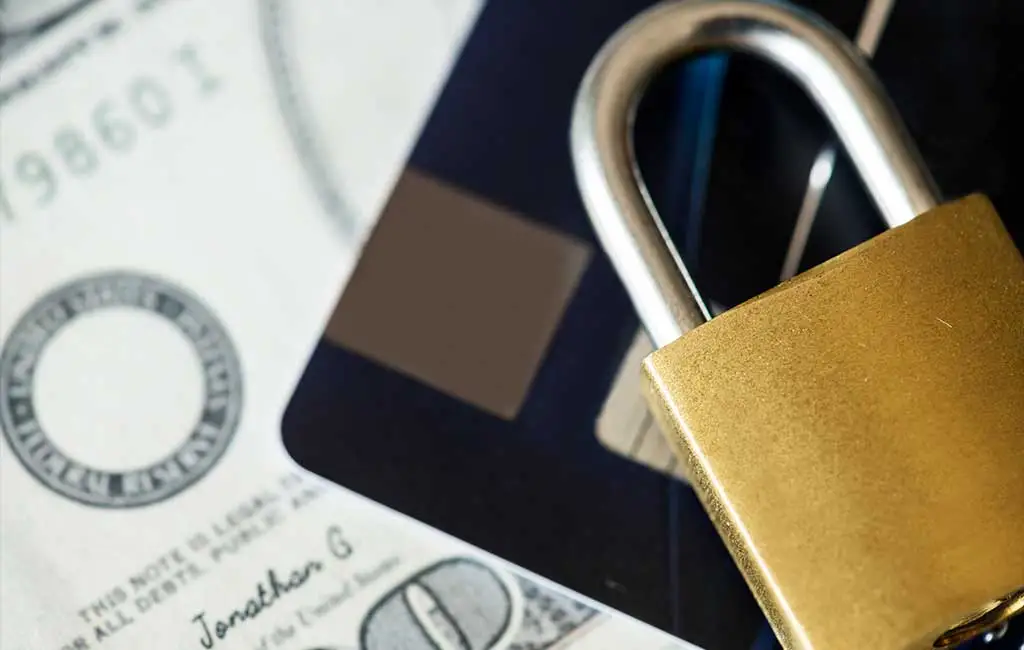
Credit card fraud is a serious crime that can have severe legal consequences, including fines, penalties, and may include some credit card fraud jail time. Understanding the legal consequences of credit card fraud is essential for protecting yourself and preventing this crime from happening. By being informed and taking action, we can work together to prevent credit card fraud and ensure that those who commit this crime are held accountable for their actions.



